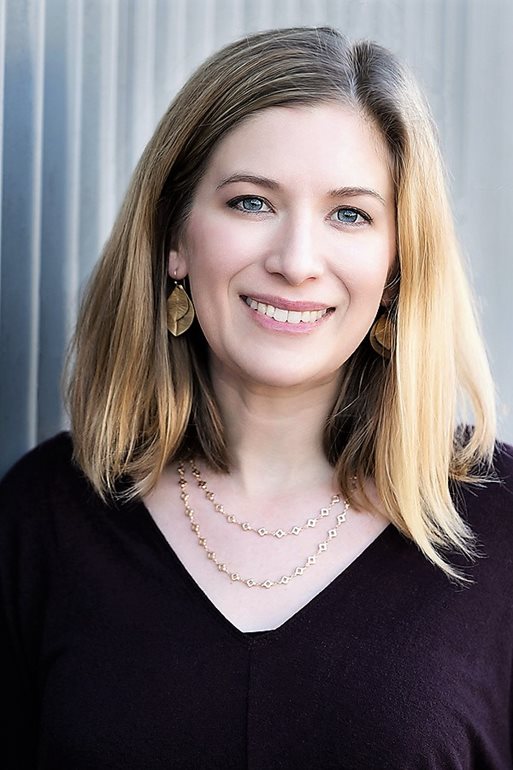
New research, led by University of Washington Bothell’s Associate Professor Nora Kenworthy, shows that medical crowdfunding campaigns on the website GoFundMe appeared to be heavily influenced by users’ race and gender.
The research found that people of color received significantly fewer donations. Campaigns for black people received an average of $22 less per donation than those for white people, and campaigns for nonblack people of color raised about $12 less.
In terms of who seeks crowdfunding, the researchers found people of color were under-represented on the platform. In particular, black women made up only about 3% of users.
Outcomes for men and women were similar in number of donations and amounts. But, nearly 80% of users who developed a campaign on behalf of someone else were women.
Technology and health inequity

The research paper, “A cross-sectional study of social inequities in medical crowdfunding campaigns in the United States,” was published March 5 in the PLOS One open access journal. The data was collected 2016-2018 and analyzed in 2019.
Kenworthy, of the School of Nursing & Health Studies, and other researchers from UW Bothell, the UW in Seattle and Haverford College in Pennsylvania, studied a random cross-section of 637 GoFundMe health and medical campaigns. The researchers assessed how race, gender and age were represented. They evaluated outcomes in terms of number of donors and the average donation.
As crowdfunding platforms are built to harness and amplify the preferences of the crowd, they encompass many biases, Kenworthy noted. For example, platforms emphasize photographs for visitors to see as they consider an appeal, which may increase the opportunities for biases.
“This makes it very easy for donors’ implicit biases to shape their decisions,” Kenworthy said. “Certainly, we can and should, call on crowdfunding companies to do more to level the playing field for users.”
UW Bothell perspectives
Kenworthy talks about crowdfunding medical care in the courses she teaches at UW Bothell on U.S. and global health.
“My students implicitly understand that this kind of precarious, social media economy shapes survival for their generation,” Kenworthy said. “Medical crowdfunding is also an important way to help students understand the ways for-profit health systems fail patients — and the costs it can have for them.”
The research relates to the focus the School of Nursing & Health Studies has on how disparities are created, sustained and addressed, said Kenworthy. She also noted that the work was interdisciplinary, a UW Bothell priority. Researchers from public health, statistics, sociology, philosophy, and media and communications collaborated.
Health care appeals make up more than a third of all fundraising campaigns on GoFundMe, raising more than $650 million a year. But, previous research in 2017 by Kenworthy and Lauren Berliner, an associate professor in UW Bothell’s School of Interdisciplinary Arts & Sciences, found that only 10% of crowdfunding campaigns reached their financial goals.
People with severe and complex needs often struggled to create compelling campaigns, said Kenworthy and Berliner, who observed that crowdfunding may be best suited to those with simple, solvable problems.
Further research opportunities
The GoFundMe research is limited because the platform does not ask users to list race, gender or age, and does not release demographic data. So, researchers had to code for these factors based on text and photos from the campaigns. The researchers are currently working to examine social inequities and crowdfunding with a much larger dataset.
In addition to Kenworthy and Berliner, other authors of the latest paper are Zhihang Dong, a graduate student studying in the Departments of Sociology and Statistics at the UW in Seattle; Anne Montgomery, a visiting assistant professor of Health Studies at Haverford College; and Emily Fuller, a graduate student in the UW Department of Philosophy in Seattle.
Fuller is a long-term research assistant who graduated from UW Bothell in 2018 with a Master of Arts in Cultural Studies. Another research assistant was Jessica Cole (Society, Ethics, & Human Behavior ’16, and Master of Arts in Policy Studies ’18).
In addition, three other UW Bothell students helped code datasets for key demographic characteristics: Christine Hahn, a senior majoring in Society, Ethics & Human Behavior; Fatima Mirza, a senior majoring in Health Studies; and Angelica Mendoza, who graduated in 2019 with degrees in American & Ethnic Studies and in Media & Communication Studies.
A UW Royalty Research Fund grant supported the research, and Kenworthy’s current research is supported by a grant from the UW Bothell School of Nursing & Health Studies.
The UW Department of Statistics supported Dong’s participation.



